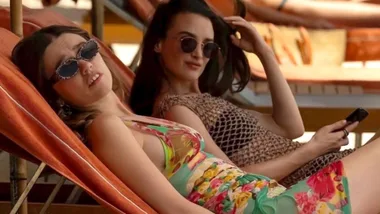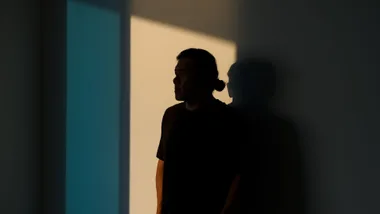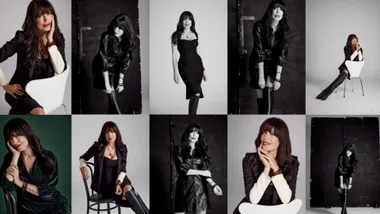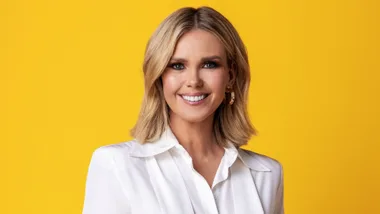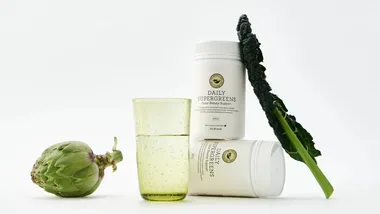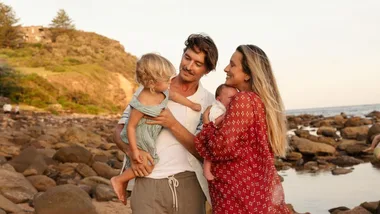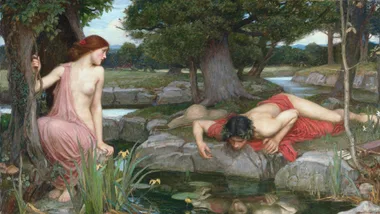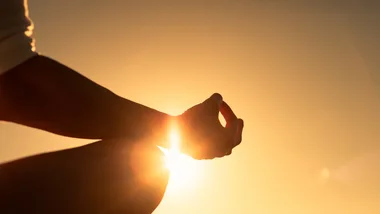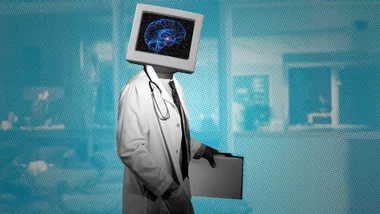You know the iconic song, “I’ve Never Been to Me” by Charlene? … I could listen to it on repeat a thousand times consecutively, and still never tire of the song and nor could I tire of its lyrics, but upon learning I was Autistic at 37 years of age? It went and became an anthem for me, to be honest: “I’ve been to paradise, but I’ve never been to me”.
…let that sink in, and then let me bring it home by saying that growing up Autistic without knowing you’re Autistic is the very epitome of “never been to me”. And every day since that formal diagnosis has been like going from “never been to me” to never knowing me better than I do now.
To begin with? Discovering myself, and subsequently rediscovering myself, has been the greatest love affair I’ve ever known.
Actually? I went and fell in love with me, for the first time in my life. Before I knew I was Autistic, I was always acutely aware I was really different to everyone else. If I’m being honest, I felt like an alien.
Shame and confusion were lifelong themes for me, as well as an ongoing internal dialogue that went something along the lines of “why can’t I just…” (insert whatever neurotypical norm I seemingly wished I could “just” do here, like: let a conversation stay at surface level, instead of taking it deep every-single-time. Or make eye contact, without feeling like that person’s eyes are burning through my soul. Or party with my friends in my 20s, without needing a full week to recover/recharge my social batteries).
I remember how much my heart pounded when I sat in a one-day clinic overhearing my then nine-year-old son being diagnosed Autistic, and I honestly just knew “I’m next” because I have never seen myself so represented than I did when listening in on my son’s formal identification journey.
No surprises here, but I followed next. And when I received my “little piece of paper” everything about me finally made sense. But the biggest, most unexpected surprise of all has been that – at almost age 40 — I experienced the most romantic thing I’ve ever experienced in my entire life: I fell head-over-heels in love with me, like some kind of hopeless romantic.
And this, and this alone, is almost the entire reason I wish more undiagnosed neurodivergent women would get that diagnosis… because it’s a love affair like nothing I’ve ever experienced before (and I’ve been married for 24 years now. #SorryDave).
… but I love me better.
I parent better.
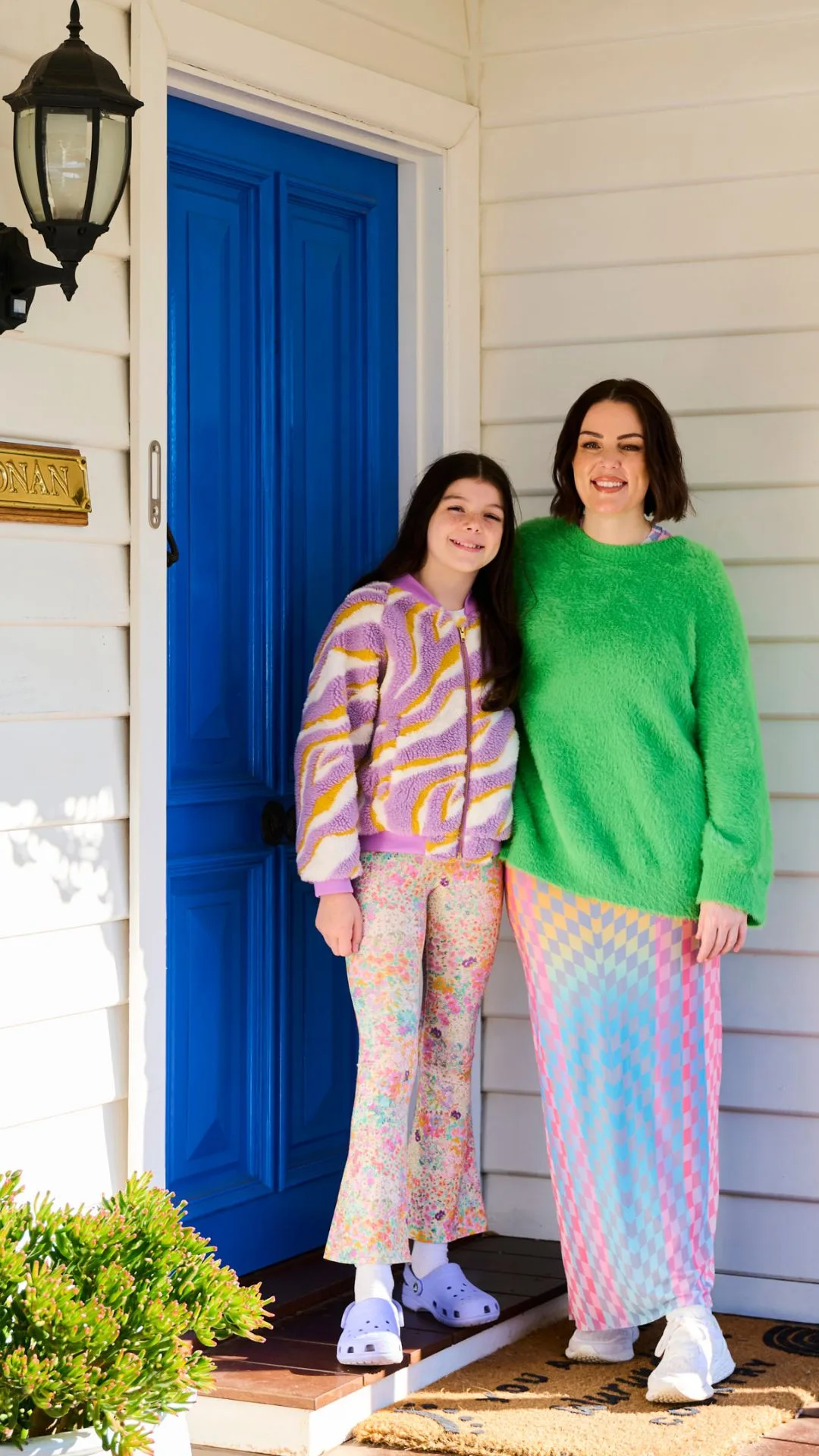
I was raised by a solo parent Autistic Dad, and he’s the kind of Dad I’d wish on every kid. We grew up well below the poverty line, but I still brag to everyone about how “rich” I was because I grew up with the best kind of generational wealth there ever was: a regulated parent.
In order to tap into that same kind of generational wealth, i.e via giving the gift of “regulated parent” to your children, you have to know yourself so well in order to regulate yourself. So my “little piece of paper”-slash-”confirmation of Autism” allows me to know myself well enough to gift my own two children the same thing I was gifted from my Dad: a truly regulated parent.
Also: both of my children are Autistic, and whilst neurotypical parents would undoubtedly do an incredible job of raising Autistic children (so long as they deep-dive into truly neuroaffirming education), I’d argue that my lived experience of Autism is the very safest thing that could happen to my own two children. I speak their language, and I make every accommodation for them that they could ever need… right through to accommodations that they didn’t know they needed, until I implemented it for them.
Things like: different meal plans to what the rest of our household is eating, because I have the lived experience of the mental and physical pain of force-feeding yourself through the family’s meal, despite it being physically painful for you to eat because “you’ll eat what you’re given” and “if she’s hungry, she’ll eat” (growing up, anything meat-based was always that dish for me). My eldest child has a really restricted palate due to significant sensory challenges, so he has a different meal to us and that’s completely fine.
…and that’s psychological safety within the home at its very finest.
I wife better.
I don’t want to be dramatic, but my Autism diagnosis has been marriage-saving. I think back to all of the pre-diagnosis arguments my husband I might have had, and I can wholeheartedly say 90% of them would have been because there was an undiagnosed Autistic person “in the chat” with significant needs that were significantly not being met. Things like: my husband misunderstanding my selective mutism as my “ignoring him”.
I married a “fast-brain”, highly social extrovert, and he likes fast answers to conversation… but I have a slow processing speed when it comes to conversation, and when it gets really overwhelming? I go selectively mute, which means my brain can not make speech happen any more. It happens most in arguments, where the conversation is really fast. Nowadays, we just know I need silence and/or to go for a solo drive, then I can pick up the conversation again.
Me knowing me well enough to advocate for simple needs like the above, and him respecting me enough to know that’s who he married and these are the accommodations she needs has been game-changing for our marriage.
Also: The best kind of relationship you’ll ever experience is the one you enter when you love yourself the most, and so I feel like my marriage really peaked when I “re-entered the chat” with a deep understanding of myself. And that deep understanding of self resulted in the kind of deep self-love that results in stronger relationships all round.
My marriage? Absolutely one of those relationships that benefited from that deep understanding of self, and the ensuing deep self-love.
I friend better.

Friendship has always been difficult for me. I’m deeply introverted to begin with, but I’ve also learnt (via a series of heartaches throughout adolescence, my 20s and even a bit of my 30s) that women don’t always mean what they say, nor say what they mean… pair that back with my inability to pick up on subtle cues and/or manipulation, and the end result was me crying my way through trying to find one safe friend throughout most of my teen/adult life.
I now know the only safe friendships for me are with fellow neurodivergent folk, or deeply empathic folk: there can be no in-between.
And I lead better.
I’m now the proudly Autistic CEO of a digital marketing agency in Melbourne/Naarm and I employ a largely neurodivergent workforce, and it’s interesting because I found out I was Autistic about halfway through owning this business and subsequently leading a team.
I am a significantly better leader upon learning that I’m Autistic. I design my workplace to benefit the neurodivergent, which always benefits all neurotypes anyway. I’m fluent in neuroaffirming language, and I can name things as they are (which provides a safe environment for our neurodivergent employees, and turns our neurotypical employees into incredible allies).
When I think of every good thing I’ve done in my time at The Digital Picnic as CEO here, almost every one of those good things can be paired back to what I am able to recognise as a neurodivergent strength of mine.
The best people, and parents, and partners, and friends, and leaders are always the people who have a deep understanding of self. And actually, some of the most unsafe people I’ve crossed paths with in my lifetime have been the people committed to not understanding themselves, and subsequently becoming dangerous to others.
The experience of being formally diagnosed as Autistic forced a person (me) who already had a special interest in people and human behaviour to go on the subsequent journey of understanding myself even more deeply… and the end result has been the experience of feeling like I get to experience life in 4K.
I’d wish it on everyone.
You can connect with Cherie Clonan on LinkedIn and at The Digital Picnic.
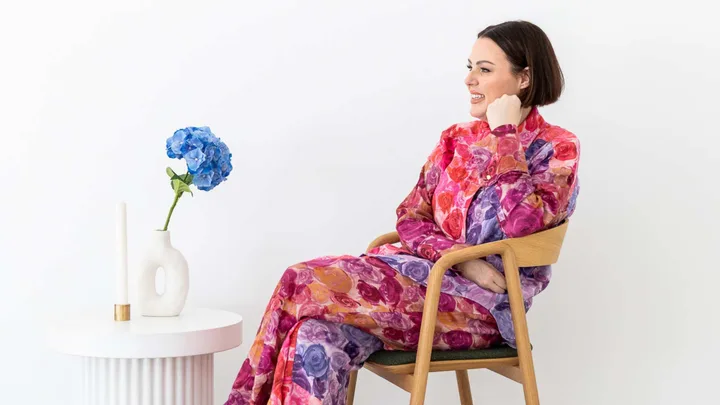 Supplied.
Supplied.
